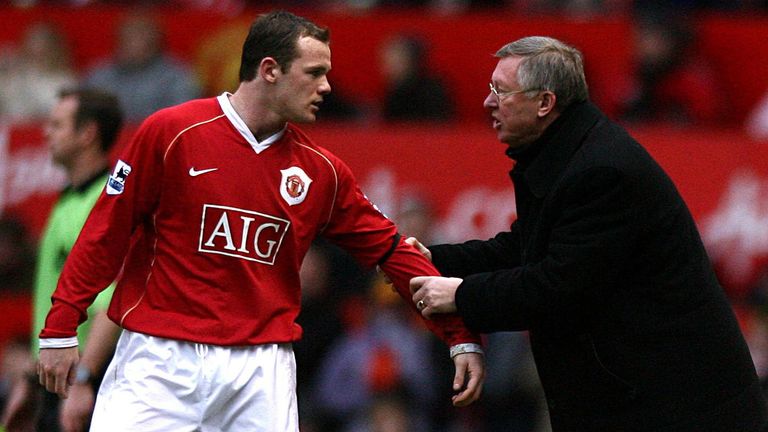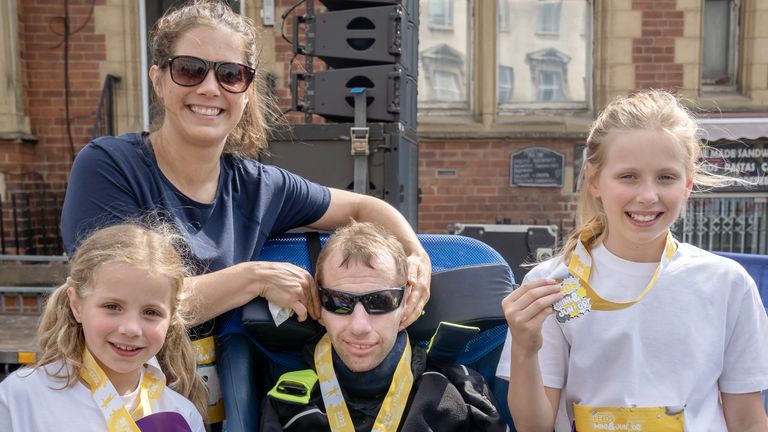Wayne Rooney has revealed he would drink alcohol until he passed out to cope with the pressures of professional football in his early 20s.
In a new podcast hosted by former rugby league star Rob Burrow, 38-year-old Rooney said his “release was alcohol” when he faced challenges both on and off the pitch.
“When I was in my early 20s, I’d spend a couple of days at home and wouldn’t move out of the house and drink almost until I passed out,” he said.
“I didn’t want to be around people because sometimes you feel embarrassed and sometimes you feel like you’ve let people down.
“Ultimately I didn’t know how else to deal with it, so I chose alcohol to try and help me get through that,” Rooney added.
“There were people there for me to speak to but I chose not to do that and tried to deal with it myself.
“When you do that and don’t take the help and guidance of others, you can really be in a low place and I was for a few years with that.
“Thankfully now I am not afraid to go and speak to people over some issues which I may have.”
The now-Birmingham City manager made his Premier League debut for Everton in 2002 aged 16. He joined Manchester United two years later in a then-record £27m move.
Rooney scored 53 goals for England and is Manchester United‘s all-time leading goalscorer.
He spent 13 years at Old Trafford before playing for Everton, DC United and Derby.
Rugby legend Burrow and his wife Lindsey are set to interview sporting legends including Jonny Wilkinson and Dame Kelly Holmes during his new seven-part podcast series.
Burrow uses AI technology and a computerised voice to communicate and ‘eye gaze’ technology to quiz his podcast guests.
Read more:
Five things we learn from Coleen Rooney’s Wagatha documentary
The ‘barefooted Indian’ who took 1930s football by storm
Newcastle Utd player banned for 10 months over betting scandal
Rooney also praised Burrow’s “inspiring” way of dealing with motor neurone disease and referenced his wife Coleen‘s sister Rosie, who died from Rett syndrome aged 14.
“I know first-hand the impact this can have on yourself and the people closest to you,” Rooney said.
“Everyone has to change the way of living and I had that with my sister-in-law who suffered not the same illness, but something as severe.
“Your energy and you staying strong really helps everyone around you. I will always be here, and your family and close friends will always be there, to help you with whatever you need.”


